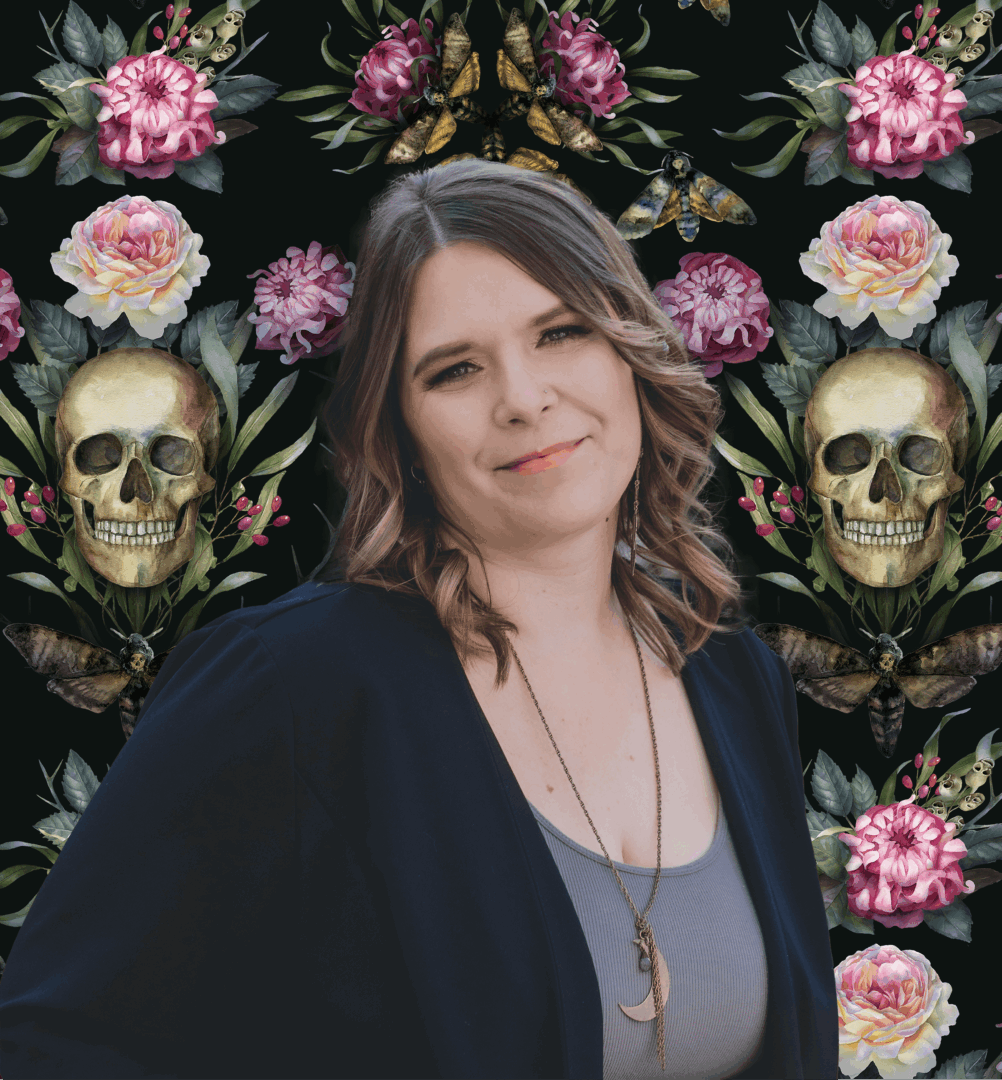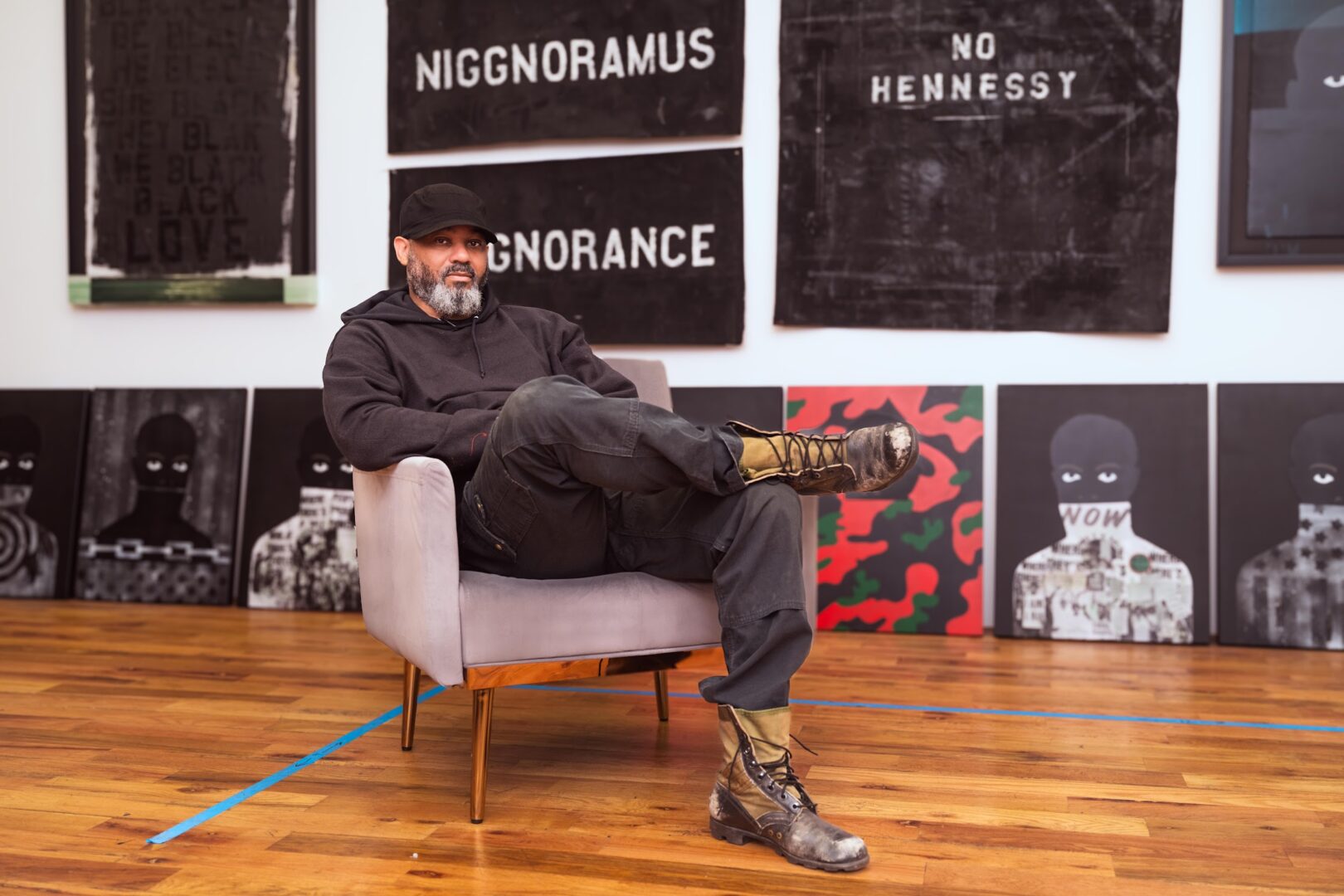We recently had the chance to connect with Melissa Kim Corter and have shared our conversation below.
Hi Melissa Kim, thank you so much for joining us today. We’re thrilled to learn more about your journey, values and what you are currently working on. Let’s start with an ice breaker: What do you think is misunderstood about your business?
One of the most often misunderstood aspects about my work is that people think shadow work means focusing only on their negative traits or painful emotions. They see or hear the word “shadow,” and all their unconscious associations come up and are projected onto that term, creating a feeling of discomfort, which they then interpret shadow work as something they should avoid.
People are afraid of shadow work because it sometimes asks them to face what they’ve spent their lives avoiding (pain, shame, guilt, anger, and the fear of not being enough). The idea of shadow work can trigger defensiveness; they might associate it with something dark, dangerous, or too intense. It threatens the ego’s sense of control and the belief that healing should feel good. Many people want transformation without confronting what’s underneath their patterns, so the idea of shadow work feels threatening.
Quite often my clients share how this resistance initially presented itself; they were under the misconception that shadow work would amplify what is dark, intense, tragic, or broken, rather than understanding and integrating it.
Shadow work is not about fixing or eradicating what is “broken.” It is the art of cultivating a sacred relationship with the authentic self. This is vastly different than striving to stay positive all the time. It’s about learning to face and understand the parts of yourself you’ve unconsciously hidden, ignored, or rejected.
While on the outside, my work appears unconventional, it’s about helping people engage with the things that haunt them in a meaningful and magical way. It’s sacred work; the shadow operates in conjunction with the soul as a necessary component within the psyche.
My business to some might sound ethereal or esoteric, but it is built upon a rigorous academic and Jungian foundation of psychological growth and inner transformation through depth. It is not tied to a specific religion, perspective, or philosophy, yet there is a fundamental belief that we have more happening within us. The work is sacred and requires we tend to the hidden world beneath the surface, beyond what the eyes can see.
Many people think constant positivity equates to growth and progress, but real psychological healing moves in cycles of depth and expansion. Healing and expansion are not linear I lead others into the spiral, where descent and return, death and renewal, are cyclical movements of the soul.
The real danger isn’t in exploring the shadow; it’s in avoiding it. When one refuses to acknowledge their patterns, the unconscious asserts itself through projection, pathology, dreams and nightmares, compulsions, and addictions.
When we refuse to look at what’s buried, those unconscious patterns don’t disappear; they just continue to haunt us. They do so by showing up in our relationships, habits, patterns, and environments. I purposely write, speak, and teach about all of the ways we feel haunted as humans.
We sink into the uncomfortable parts of ourselves, make sense of what we find there, and return with new insight and deepen our connection to the authentic self. Then and only then do our ghosts become ancestors: what was hidden now has moved into our conscious awareness.
Can you briefly introduce yourself and share what makes you or your brand unique?
I’m Melissa Kim Corter, an author and depth psychologist, and founder of Hauntingly Beautiful Things™. I create programs, services, and products that support women to find beauty in their darkness and for creatives to tap into their depth and magic. My work explores the hidden and invisible dimensions of human experience, the human shadow. This inner psychic space contains our ghosts.
These inner ghosts are not evil, lost, or here to cause you harm; they are forgotten parts of self waiting to be witnessed. Much like a haunted house contains energy, the human psyche also holds unprocessed memories, emotional residue, and abandoned dreams that call to us from the depths. My work helps people turn toward the forbidden rooms within the psyche to retrieve what was lost, release what no longer serves, and reorient to the authentic self.
As a depth psychologist and shadow worker, I approach healing and expansion as a process of dialogue with the unconscious. In Western culture, we are encouraged to outrun pain, to analyze problems, to overcome our obstacles and achieve to obtain success… But these ideas do not transform the underlying resistance we feel and the stories we hold in the body. When we try to override how we feel, we force these feelings and emotions underground. What I teach through mentorship, writing, and creative experiences is how to listen to the ghosts that haunt us: the memories, desires, and wounds that continue to influence life from the shadows. When we acknowledge these inner ghosts, which is just another way of saying our unfinished business, we no longer fear them. They transform from haunting presences into messengers guiding us toward wholeness.
Hauntingly Beautiful Things™ emerged from years of witnessing how people wrestle with the idea of darkness. The phrase itself came to me as both a reclamation of my weird witchy love of all things spooky and an invitation to see beauty and the sacred in darkness. My work lives at the crossroads of psychology and poetry, offering teachings, rituals, and reflections for those ready to engage with the deeper layers of psyche. It’s not about chasing light but learning to see in the dark.
My current work centers on projects that merge creative storytelling with psychological insight. I host workshops, write books, and create guided programs that invite participants into symbolic exploration where myth, dream, and the unconscious all speak the same language. Through my programs, I help people face what haunts them: old patterns, emotional blocks, and parts of the self that feel “other.” The goal is not to exorcise these ghosts but to integrate them.
What makes my work unique is how I blend forensics, film, and fairy tales as a depth tool and process to assimilate and integrate shadow material. Shadow work is not a quick fix; I call it a slow burn, a form of sacred psychological alchemy. It asks for courage, patience, and imagination. My role is to keep the candle burning while clients and students enter their inner haunted houses. The beauty of this work is watching someone reclaim power from something they were afraid of, transforming fear into complete trust in the divine intelligence of the human psyche… the psychic cauldron within.
Great, so let’s dive into your journey a bit more. What did you believe about yourself as a child that you no longer believe?
I felt like a weird, deep, and frequently misunderstood child that made people uncomfortable. I was always drawn to macabre and bizarre people, situations, and stories. Fascinated with abnormal behavior and death, I definitely had a hard time relating and opening up to others, and then when I did, it was followed with enormous regret and humiliation. People never felt safe to me, so I retreated to the woods, where I felt loved and a part of something larger than myself. All of these experiences taught me how to love and accept myself, including my morbid curiosity and unconventional perspectives, which have become the bones of my work. Now, studying the dark side of the psyche and human nature has given me unique insight into the ways we can find beauty in dark places. I realize now my oddness was necessary, and being unique and following my own haunting nature has led me to support thousands of people to fall in love with their darkness.
What did suffering teach you that success never could?
My dissertation is on psychopathy and the Western shadow. “Psychopath” derives from the German term “psychopathisch,” which translates to “suffering soul.” As I began to study serial killers, monsters in myth, religion, film, and fairy tales… I discovered the power of suffering. Beneath the things that scare us exists an untapped understanding or hidden form of meaning. Confronting my ideas as well as the cultural narrative around deeply disturbing and unsettling subjects allowed me to recognize suffering as a doorway into something deeper. Suffering was not because of my circumstances but due to the story I told myself and the attributes I unconsciously held in my body and mind that haunted me. I began to sit with these ghosts—my fear and my suffering—and very quickly they brought me into internal places that lacked insight, understanding, healing, and integration. Without the dark night of the soul, which is the form of suffering I most deeply relate to, I would not have experienced the unfurling of my psyche. This process of learning how to suffer allowed me to live more deeply.
I think our readers would appreciate hearing more about your values and what you think matters in life and career, etc. So our next question is along those lines. Whom do you admire for their character, not their power?
There are so many people I admire, but a few have the same type of traits:
Edward Gorey is brilliant because he made the macabre elegant. His illustrations and stories (especially those steeped in dark and melancholy humor) capture the beauty of the grotesque. In his work, darkness is magical rather than repulsive. Gorey wrote poetry out of the peculiar and helped us see that morbidity can coexist with wit, tenderness, and charm.
Jonathan Davis turns raw pain into art. As the voice of Korn, he gave shape to emotions many people were too afraid to name, such as shame, rage, grief, and alienation. His vocal style is both guttural and vulnerable. Davis doesn’t hide from the darkness; he channels it into visceral and cathartic music. His work gave a generation permission to feel, to confront what festers. He makes suffering meaningful.
Anthony Bourdain was remarkable because he made curiosity a form of compassion. Through food and travel he revealed the soul of humanity. He explored beyond the surface of travel and cuisine, inviting us to witness lives and cultures outside of the United States. Bourdain was both cynical and tender, using storytelling as a bridge between worlds. His honesty about darkness, addiction, and meaning made him deeply human. By sitting at unfamiliar tables, he reminded us that connection, not perfection, is what truly nourishes the human spirit.
Jamie Lee Curtis is extraordinary because she embodies both vulnerability and strength. In Halloween, as Laurie Strode, she showed that survival is psychological as much as physical. Curtis’s authenticity, emotional depth, and longevity in the role transformed how I viewed and engaged with horror. She gave me the courage to face my monsters; confronting terror made courage sacred.
Ozzy Osbourne is iconic because he embodied the raw, chaotic honesty of the human psyche. As the frontman of Black Sabbath, he gave a voice to darkness. His music got me through some really difficult times and made me feel less alone. Ozzy’s seemed authentic: unfiltered, unpredictable, and strangely tender beneath his prince of darkness persona.
Okay, so before we go, let’s tackle one more area. Have you ever gotten what you wanted, and found it did not satisfy you?
Yes, many times. I wanted desperately to be a photographer, traveling the world capturing the souls of spiritual teachers and people who I believed to be doing great work in the world. Then, I had that dream: I was highly sought after and worked with celebrity clientele. It quickly became abundantly clear that I was meant to stop hiding and get in front of the camera. My time observing behavior through my lens taught me about the human shadow in ways I did not expect. I quit and walked away from that industry and never felt better!
Another time, I could not stop dreaming of moving to Sedona, Arizona, a beautiful and spiritual place known for its spectacular red rocks and potent energy. The universe moved mountains to make that dream happen. After purchasing a house and living there for five years, it was clear this was not the place for me or my family, and we began to loathe going anywhere around town. Traffic and spiritual seekers made it difficult for me to enjoy the beauty and sacredness of the land. We sold the house and moved across the country, and not once have I regretted that decision. I believe sometimes we get what we pray for so we can have an experience and then sink a little deeper into what the soul wants versus the ego.
Contact Info:
- Website: [email protected]
- Instagram: https://www.instagram.com/melissakimcorter/
- Linkedin: https://www.linkedin.com/in/melissa-kim-corter-7bb661199/
- Facebook: https://www.facebook.com/melissakcorter/
- Youtube: https://www.youtube.com/c/MelissaKimCorter
- Other: Substack: https://melissakimcorter.substack.com/
Spotify: https://open.spotify.com/show/6H6JlXV2Ga9xnUumsvyX1t?si=qKuTjklZQ4iiP_B7Pp07WQ
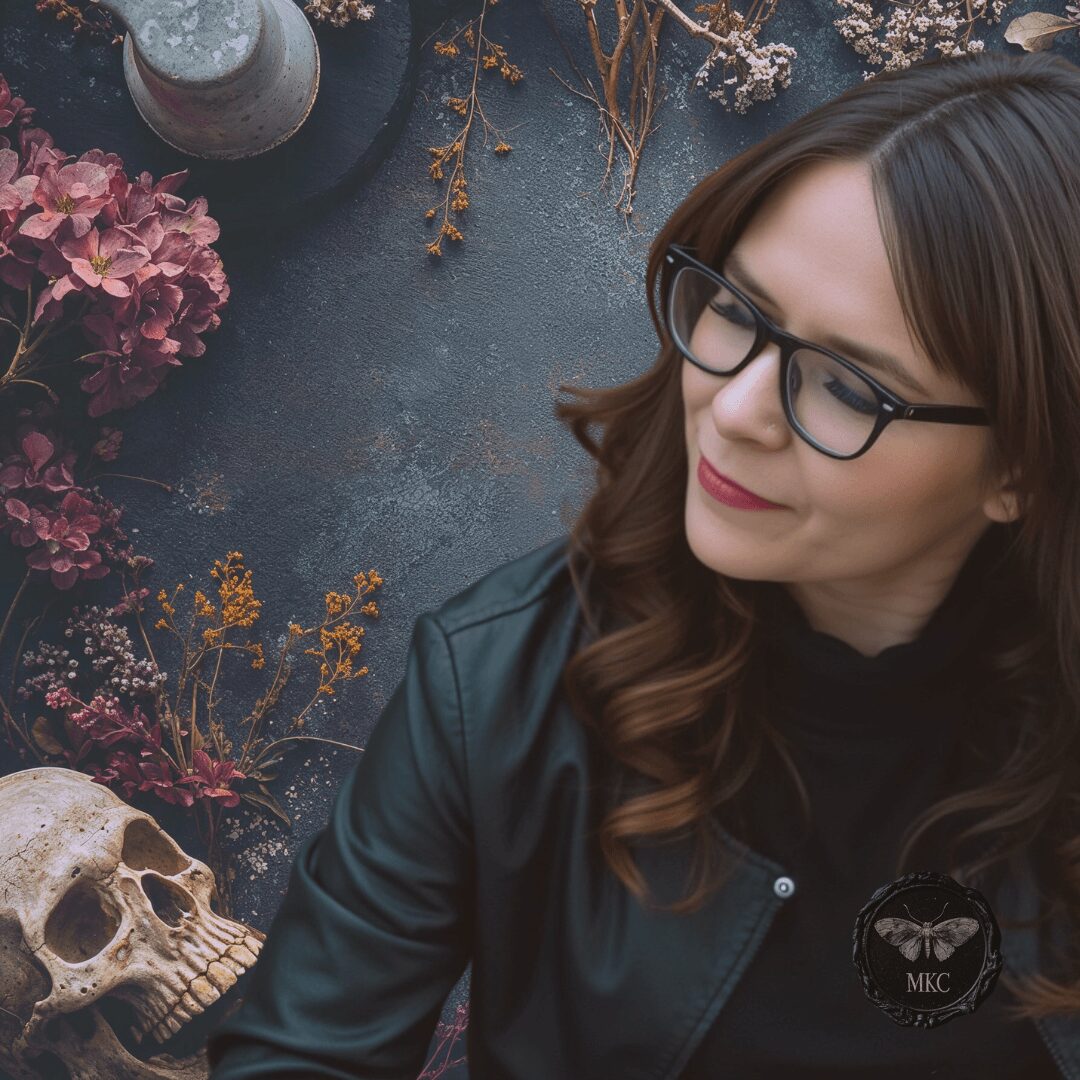





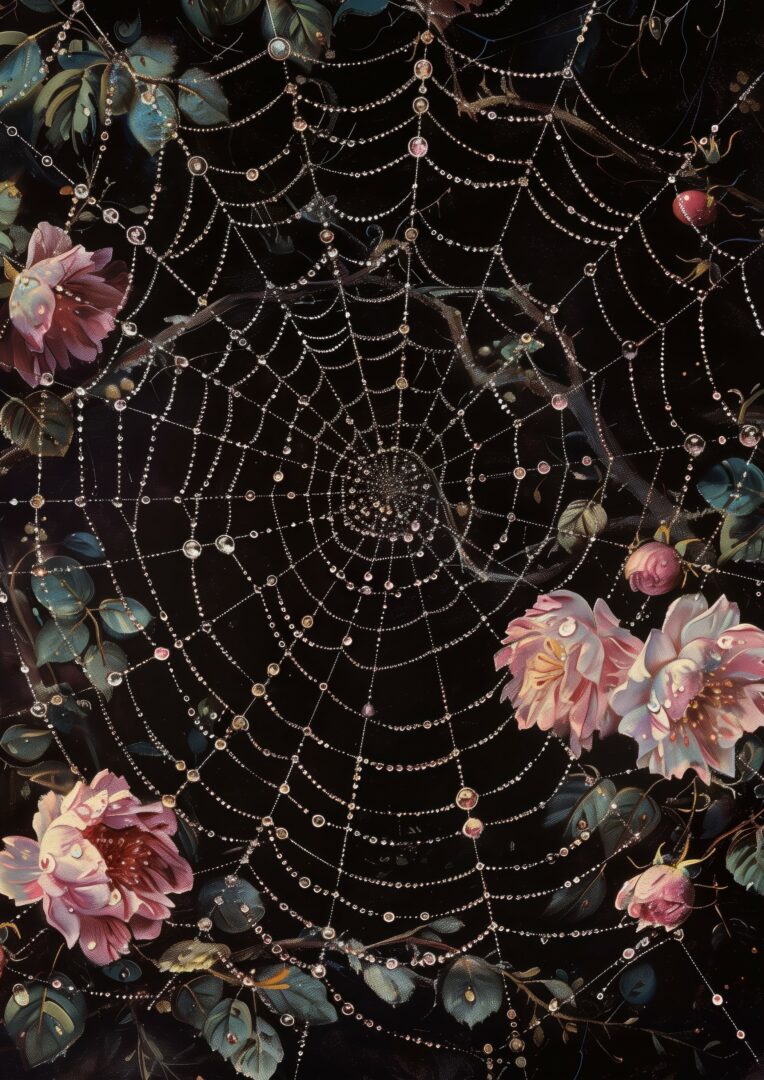
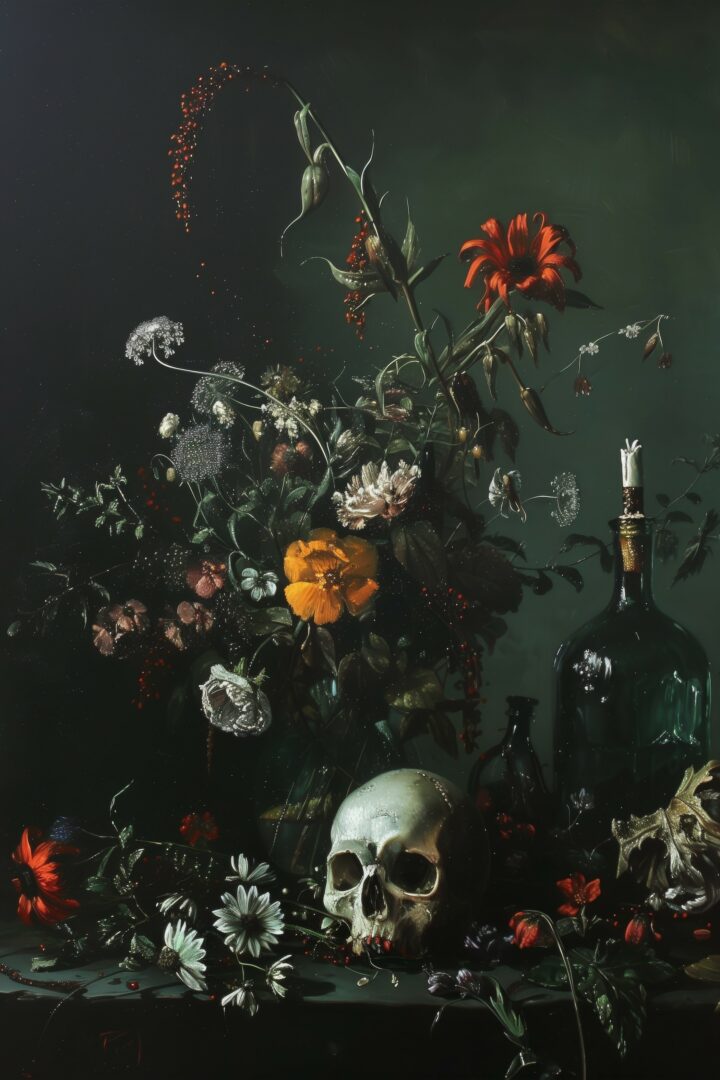
so if you or someone you know deserves recognition please let us know here.

